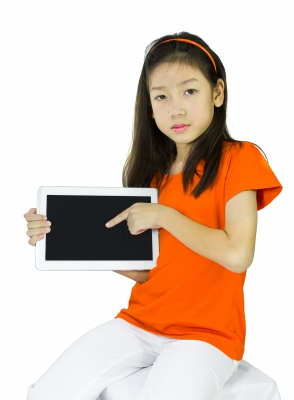Do you find your teenager feeling very upset over things they’ve seen on social media? Do you often think it would be better for them if they didn’t have access to it at all? Do you feel frustrated by the amount of time they spend on social media? It’s a hard thing to manage. We are parents navigating uncharted waters. We don’t have the example of how our parents dealt with us wanting to be on the computer or our phones all the time. We might have had a pager and our own phone line…maybe.
First of all, social media is here to stay. Just taking it away because it’s overall too stressful is probably not going to work very well. We have to teach our kids to manage what they post, how much time they spend on it, and how easily they are offended by what other people say on their accounts. Many of my clients personalize comments others make on social media. Sometimes it is personal, and other times it really isn’t. They also are often very sensitive about how quickly someone comments, how often, when they click the “like” button, how much someone else posts pictures of them, and what the sub-context is of their friends’ posts. I have sat with many teens in counseling who were in tears because they interpreted social media posts to mean something other than what was really intended.
It’s a big deal to teach your teenager how to post properly on social media. Rather than just giving a lecture, work with them for awhile. They might not want to let you, but that’s okay, you’re the parent. There are a lot of times when we have to do things with our kids they don’t appreciate at the time; in the long run they’ll be glad. When they apply for a job one day they will be thankful they never posted that picture of themself drunk at a party. It’s also important to help them realize the detriment of being passive aggressive. It’s extremely tempting for many adolescents to post thinly veiled general comments that everyone knows are really directed at one person. This leads to arguments that get blown completely out of proportion. It also leads to hurt feelings.
What do you do when this happens to your teenager instead of your teen instigating it? The same rules apply here that you were taught when people talked behind your back in middle school or high school. Confronting someone directly (and privately) and in person is always ideal. It’s not best to text this confrontation. Believe me when I tell you that those texts are “screen shotted” and sent to lots of other teens. When your child simply has a conversation the other person is much more likely to realize your teenager isn’t being hostile, and they are more likely to pick up on facial nuances that convey a lot of meaning.
Social media can be very positive. It connects teenagers. It helps people keep old friends. However, it is a highlight reel. It doesn’t accurately represent how someone feels inside. Many adolescents mistakenly read into what is posted and get their feelings hurt. Many other adolescents use social media to bully or behave passive aggressively. It is very, very important to be involved in your teenager’s social media activity so you can help him or her learn how to effectively use this tool that will be part of our lives for the rest of our lives.
Helping teens grow and families improve connection,
Lauren Goodman, MS, MFT




